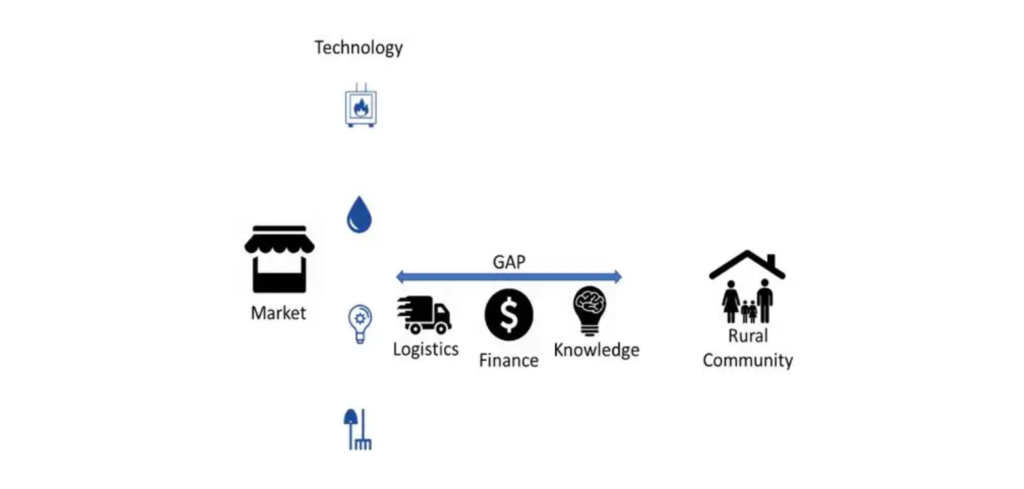Clean Technology

Socio-economic and knowledge barriers as well as lack of market mechanisms, leaves the rural poor deprived of advantageous technologies to lead a better, dignified life.
UUI seeks to solve livelihood problems concerning cooking, lighting, clean drinking-water and farming through sales of clean-technology products to rural households at affordable prices through a network of women entrepreneurs who facilitate technology accessibility, adoption and after-sales services.
IMPROVED COOKING
Generating Carbon Credits through usage of improved and efficient cook-stoves
Implementation of improved cookstoves project was the primary focus while setting up the activities in the villages. The execution of agreement of EWDE, Germany, which was initiated in 2015-16 was taken further and distribution of cookstoves (from Greenway) to 3,100 families was completed in January 2017. Activities under the partnership with Infosys, Bangalore were rolled-out in April month and enrolling new families for stoves continued during the year. By March-end, a total 15,523 families of five tehsil of Udaipur district had joined the intervention under both partnerships.
As per project design, each family received two efficient biomass cookstoves against a financial contribution and the commitment of using stoves for at least 5 years. The implementation was undertaken in partnership with community institutions, primarily Gram Samuhs formed by Seva Mandir, women SHGs and village panchayats. The institutions helped in promoting the stoves, selection of woman monitors to distribute and supervise usage activities in their communities. About 107 women monitors, and over 50 men and women distributors were engaged as village volunteers to promote and distribute stoves. A total 15 trainings were organised for the capacity building of monitors. The monitors continued to monitor the usage of stoves after distribution.
Communication through different media including vehicle campaigns and door-to-door marketing was carried out for better reach-out. Leaders of influence from respective communities further helped in promotion. Performance based payment system was introduced, which encouraged monitors and distributors to perform their best. After LPG scheme Pradhan Mantri Ujjwala Yojana, as a key strategic change, the project boundary was expanded and Jhadol, Girwa and Sarada tehsils were included, looking at the demand.
Till date, a total of 18500 households have been distributed with a pair of Improved Cook Stove (ICS). We have a network of 125 women monitors to monitor and assist in the usage of the stove. They fetch data on the usage pattern of the ICS on a monthly basis through a digital platform that is collated and converted into carbon credits.
The end-to-end process is Gold Standard certified.
FROM DARKNESS TO LIGHT
Affordable and sustainable solar energy
Looking at the lighting needs of a large section of population which are off-grid and lack access to clean and sustainable lighting solutions, a new business of selling and servicing Solar Lights through the network of women entrepreneurs was developed. These sellers are called Solar Saarthis, and are trained to market at household level.
The activity was launched after thorough technical and market assessment of the products from dlight and Greenlight Planet. From 593 lights in FY 2017-18 to 2238 lights sold in FY 2018-19; we grew by 277%. This year cumulatively we could reach out to 2200+ households. Our product basket is 14-products broad from both dLight and Sunking. The diversity has given more flexibility of choice to our target customers. The women entrepreneurs have also significantly improved their pitch and have far improved on communicating about the product with families and aid them to adopt such technologies. They earn through the sale of individual product through an incentive model. Currently over 150 women entrepreneurs are involved in the selling of solar products.
Solar lighting are an alternative energy source and is being taken in use by families in multiple ways. The portable lights are used for room lighting, for studying, for night irrigation and care in agriculture fields and others. Families having electricity connection are also opting for solar as a solution for erratic power supply and abrupt high electricity bills.
